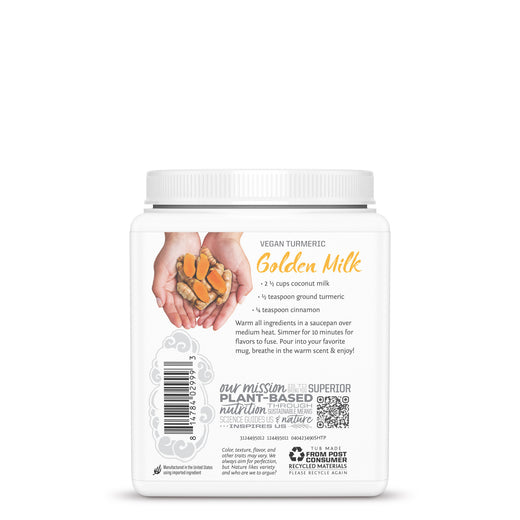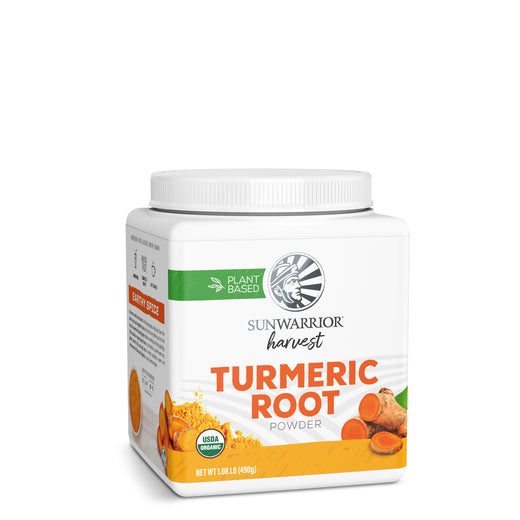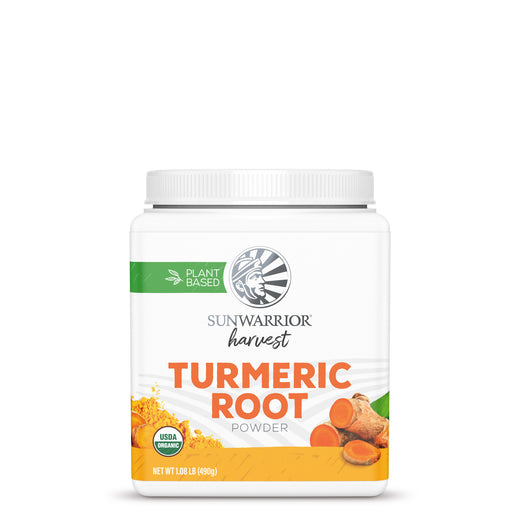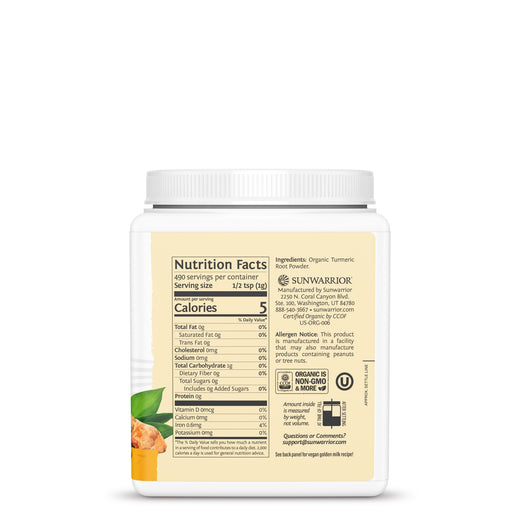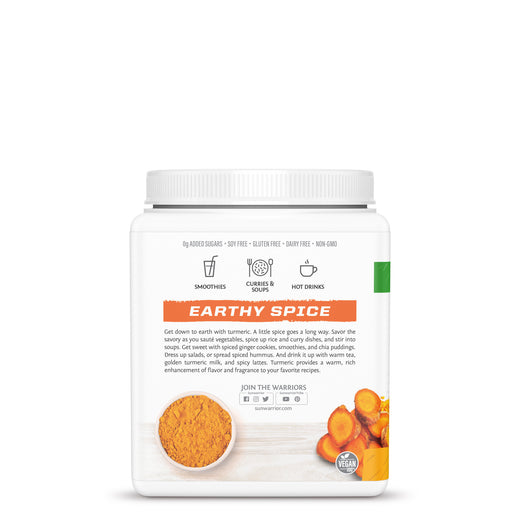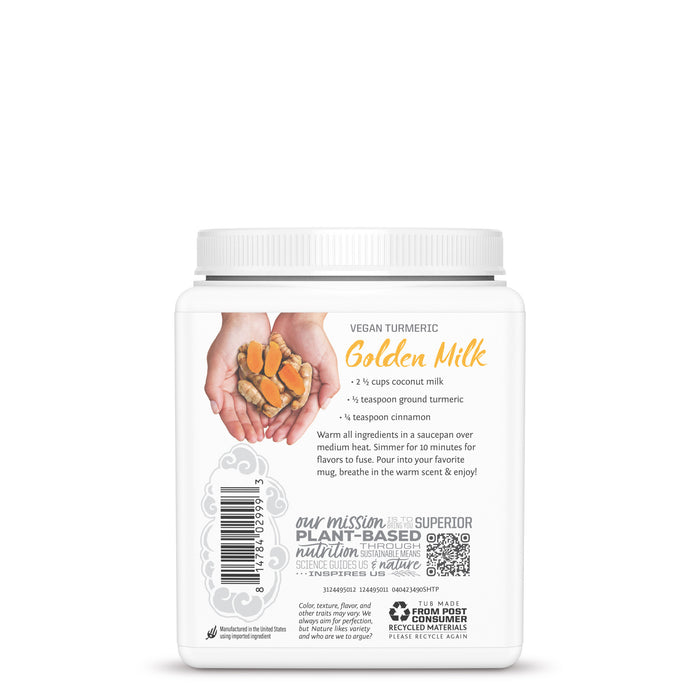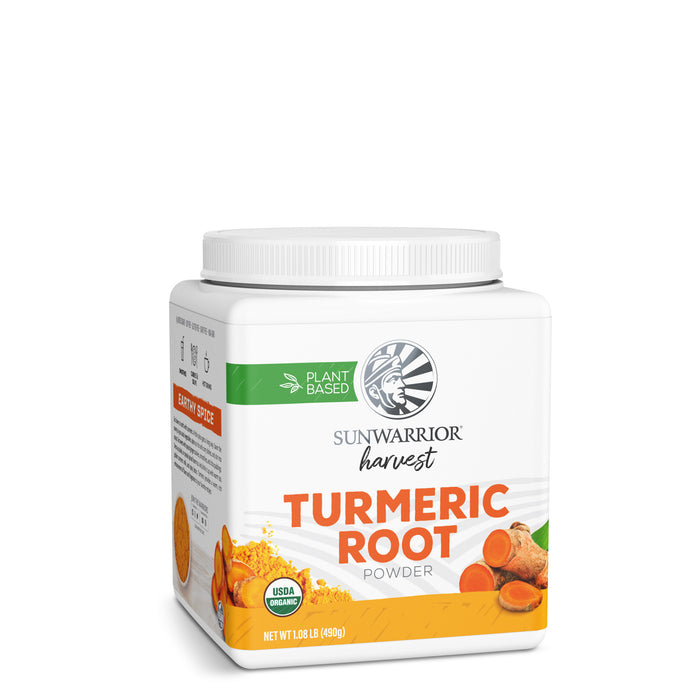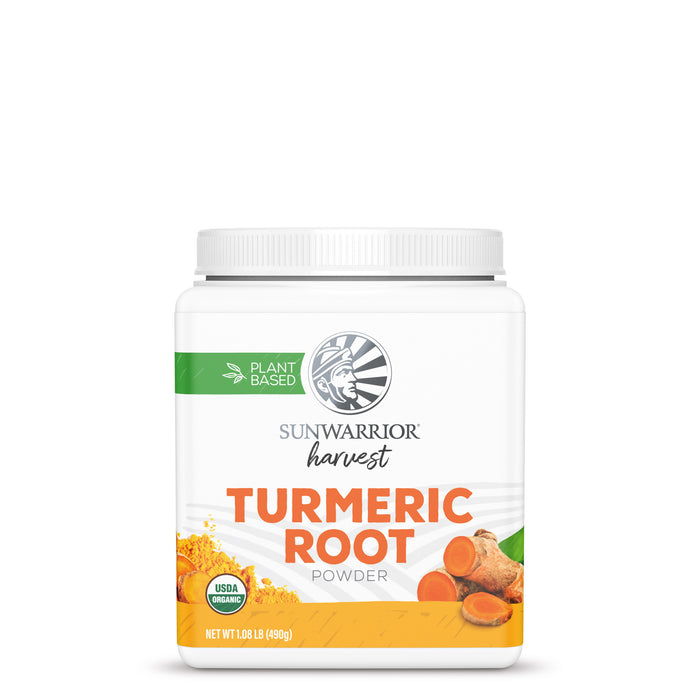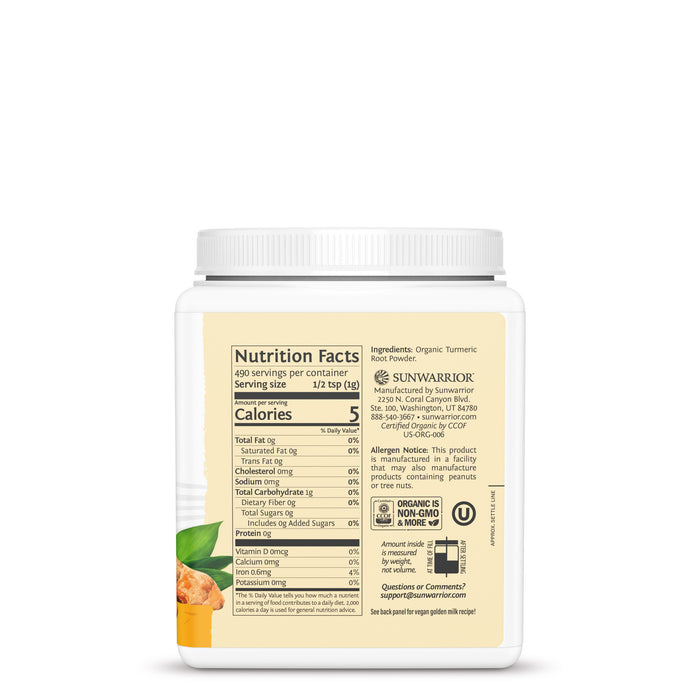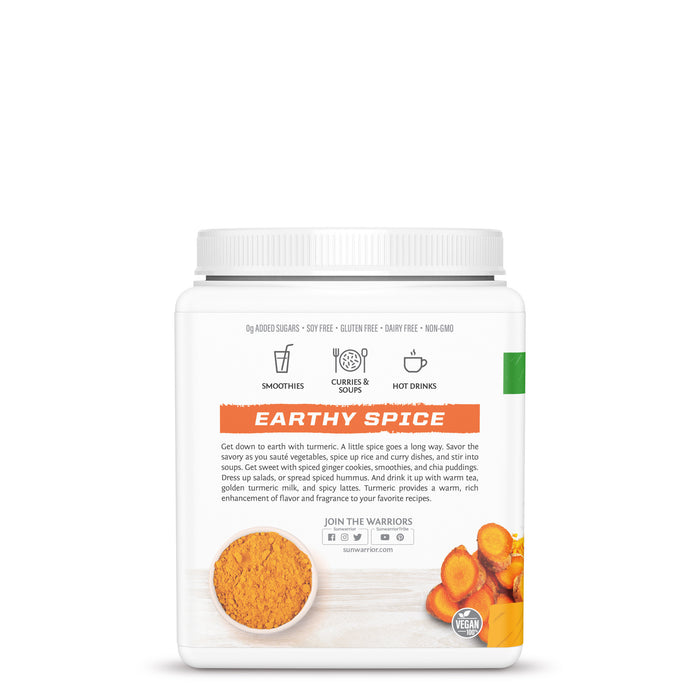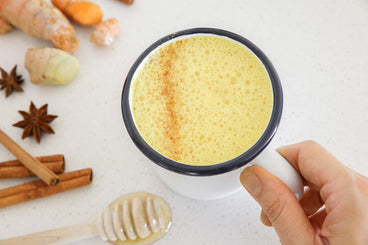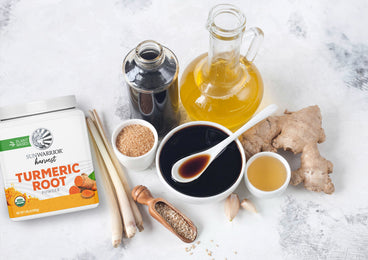Organic Turmeric Root Powder
- Regular price
- $14.97
- Regular price
- $0.00
- Sale price
- $14.97
Organic Turmeric Root Powder brings its many health benefits to your recipes, adding an earthy spice that takes your dishes on a flavorful adventure.
Lock in 20% savings for every recurring order
Earn Rewards points and stack the savings
Priority processing and shipping
Skip, cancel or change your subscription any time
Frequently Bought
TOGETHER
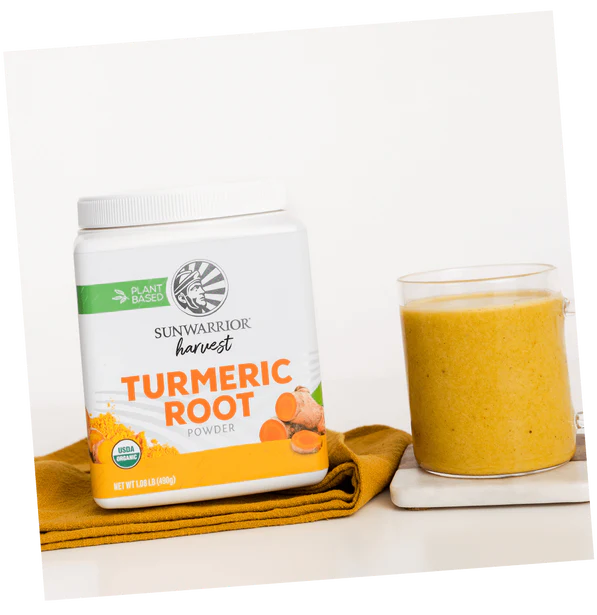
We Want you to Ask!
FAQ’S
Yes. Turmeric is a natural anti-inflammatory and provides many health benefits.
Turmeric's unique earthy flavor is what makes it an excellent option for sauces and curries.
Turmeric possesses potent antioxidant properties, making it an excellent natural anti-inflammatory.
Yes! Add the terrific to your teas and tonics, distinction to your dinner, superb to your soup, and the remarkable anytime your recipe calls for a little extra amazing.
